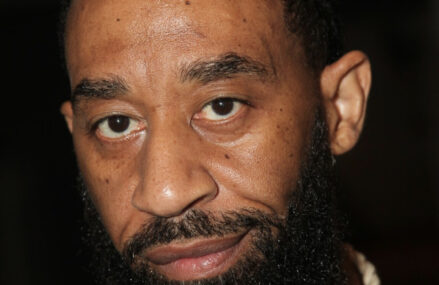
By Dominique Baker Intern with Cascade Media Group.
As of Recently the jury in the George Zimmerman murder trial heard, at length, Zimmerman describe in his own words what happened the night he shot and killed 17-year-old Trayvon Martin. He didn’t take the stand, but the prosecution played for the court three separate audio and video recordings Zimmerman claims that after the 911 dispatcher told him he did not need to follow Trayvon, he continued walking to find an address so that he could be more specific regarding his whereabouts. During this time that Zimmerman claims that Trayvon came out of either the bushes, or the darkness, and said something to the effect of, “What’s your problem, homie?” to which Zimmerman responded, “I don’t have a problem.” Trayvon replied, “You’ve got a problem now” and proceeded to punch Zimmerman in the face.
The defense is attempting to characterize the late Trayvon martin as the aggressor who initiated the physical struggle that led to the teen’s death. The defense has even gone as far as attempting to get Trayvons mother to imply her son’s death may have been his own fault. The defense is hoping to convince the Jury that Zimmerman was the victim by perpetuating the criminalization of the black body in America.
Anglea Davis speaks to this issue in the Book the house that race built:
She argues…
“Fear has always been an integral component of racism….A question to be raised in this context is whether and how the increasing fear of crime-this ideologically produced fear of crime- serves to render racism simultaneously more invisible and virulent”
The specifics of this case are evidence of this argument… Zimmerman in his 911 call on numerous occasions expressed his frustration with the criminal element he felt plagued his community. His fear of crime was materialized by the image of a young African American wearing a hoodie at night in HIS neighborhood. The racial profiling that lead to the death of Trayvon Martin, in this case has been justified by the mainstream belief that more blacks participate in criminal activity than any other group of people, rendering the black body a threat, rationalizing violence as a reasonable response to its presence. Zimmerman and his attorneys are appealing to the mytho-poetic constructions of black identity that attempt to characterize us as a threat to the well-being of our neighbors, a characterization that supports racist stereotypes but disguises itself as a fear of criminal activity.
If George Zimmerman is acquitted it proves the transparency of racism in the United States. An acquittal justifies our criminalization and rewards their enforcers. An acquittal validates the distorted image of a kid who was only trying to return home and now isn’t even hear to defend himself against the accusations that his own extremely aggressive behavior was the cause of his death. An acquittal says racial profiling is okay as long as the stereotype provided is true, or at least as long as society believes it true. Contrary to popular belief racism is not an issue that we have progressed pass and the Trial of George Zimmerman may actually set us back



